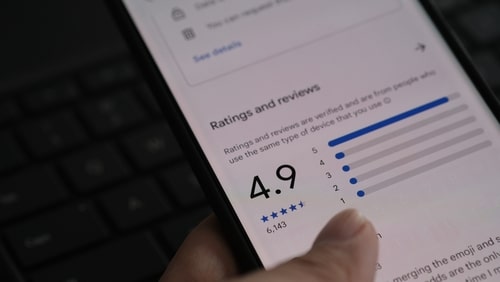Customer reviews online can have a big impact on a business, even if it doesn’t base its activity on online sales.
Physical businesses are not exempt from public and digital judgment of customers, who increasingly go online to post their opinions and to check the reputation of a business before buying.
On Google, the ‘Google My Business’ listing is a favoured place for users to consult reviews, But another alternative is Avensure Reviews Manchester and directories like Tripadvisor or Foursquare, which also hold weight when it comes to building a company’s online reputation.
Having reviews (and good reviews) is one of the main factors why consumers trust to choose a business. According to a report by Trustpilot, positive reviews weigh more when deciding to buy than the speed of technical service or the quality of the products.
The value of Google reviews
According to the ReviewTrackers study cited above, 80% of users do not trust businesses with ratings of less than 4 stars (out of 5) and up to 94% have avoided a business after reading a bad review.
Negative reviews are an evil to avoid, but with certain considerations. Google takes reviews into account when positioning a business in the search engine. It takes into account both the quality and the quantity.
The number of reviews that a business has is an indicator for Google that it is popular and busy, so having some negative reviews, among many positive ones, will not undermine the positioning, since the search engine interprets it as something natural.
In other words, although it is clear that a business needs a very good rating to attract customers – not scare them away – a negative review is not the end of the world. Popular businesses will have more reviews and, possibly more negative reviews, something that will always be better than having very few reviews that are all positive.
How to manage reviews on Google
Below you can read a series of good practices:
- Always respond: According to Google’s own data, companies that respond to reviews are considered 1.7 times more trustworthy than those that don’t. Responding to positive reviews by showing gratitude helps build loyalty. Addressing negative reviews politely shows empathy and interest in improving, as well as giving potential customers a clue that they will be treated well if they have a problem.
- Do not delete reviews: Most platforms, including Google, only allow a review to be deleted if it is proven to be false or if it violates their policies, usually when the user reviews the wrong business, it is SPAM, it provides false information or it contains insults. If Google deems it inappropriate, it will delete the review once it is marked as inappropriate, but do not be tempted to ‘report’ any bad review, because the system can notice and end up harming you.
- Encourage customers to leave reviews: You can do this in person or with a call to action on your website or in your email signature.
- Check reviews frequently: If you have a bad review and don’t address it until many days later, the dissatisfied customer may have already badmouthed your business to their family and friends, adding to your negative reputation.



